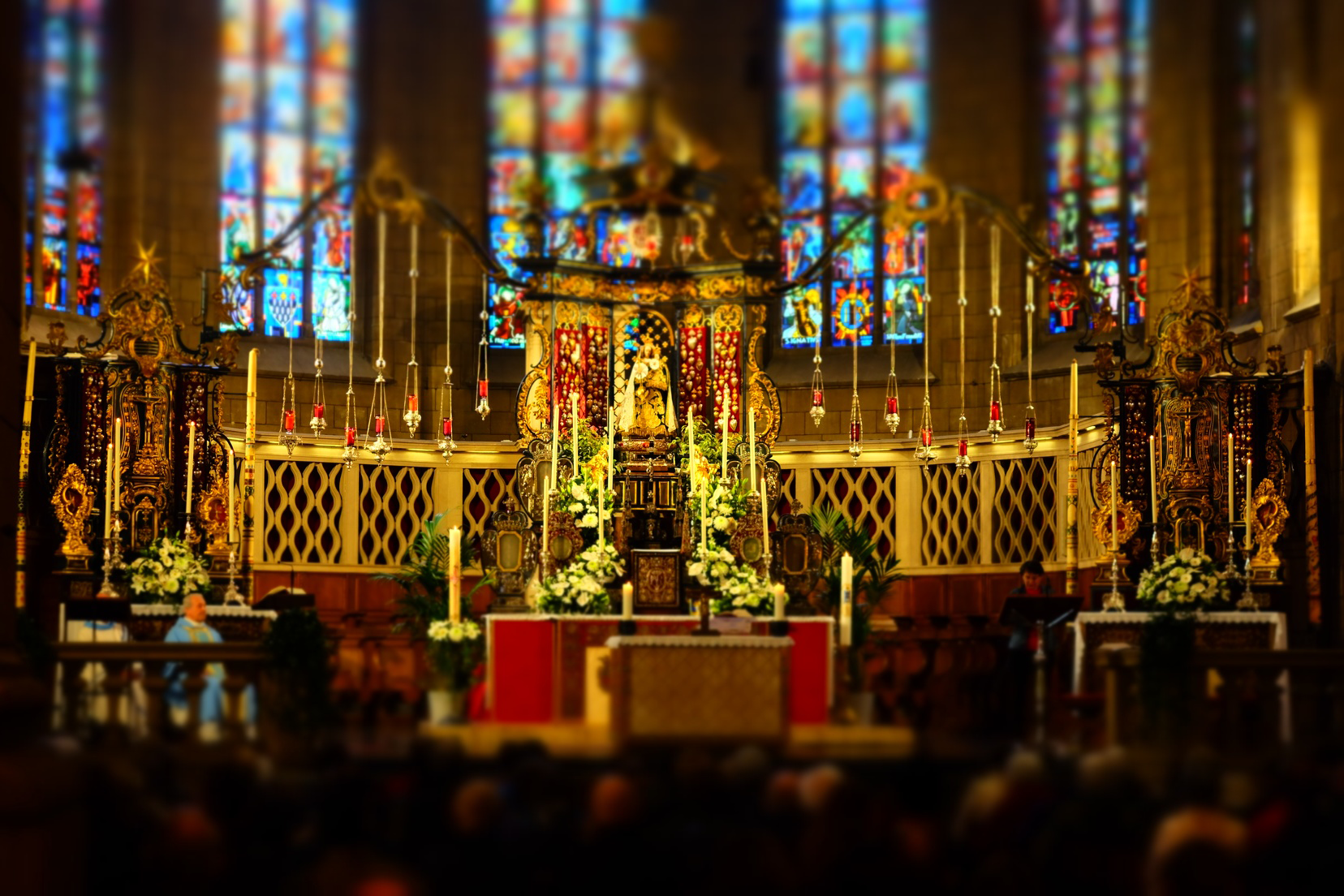Herzrhythmusstörungen 30 Minuten vor ihrem Auftreten vorhersagen
Forscher des Luxembourg Centre for Systems Biomedicine (LCSB) haben kürzlich ein Modell entwickelt, das den Übergang von einem normalen Herzrhythmus zu Vorhofflimmern vorhersagen kann. Dieser unregelmäßige Herzschlag ist mit einem erhöhten Risiko für Herzinsuffizienz, Demenz und Schlaganfall verbunden. Vorhofflimmern stellt somit eine erhebliche Belastung für die Gesundheitssysteme dar, weshalb seine Früherkennung und Behandlung ein wichtiges Ziel sind.











